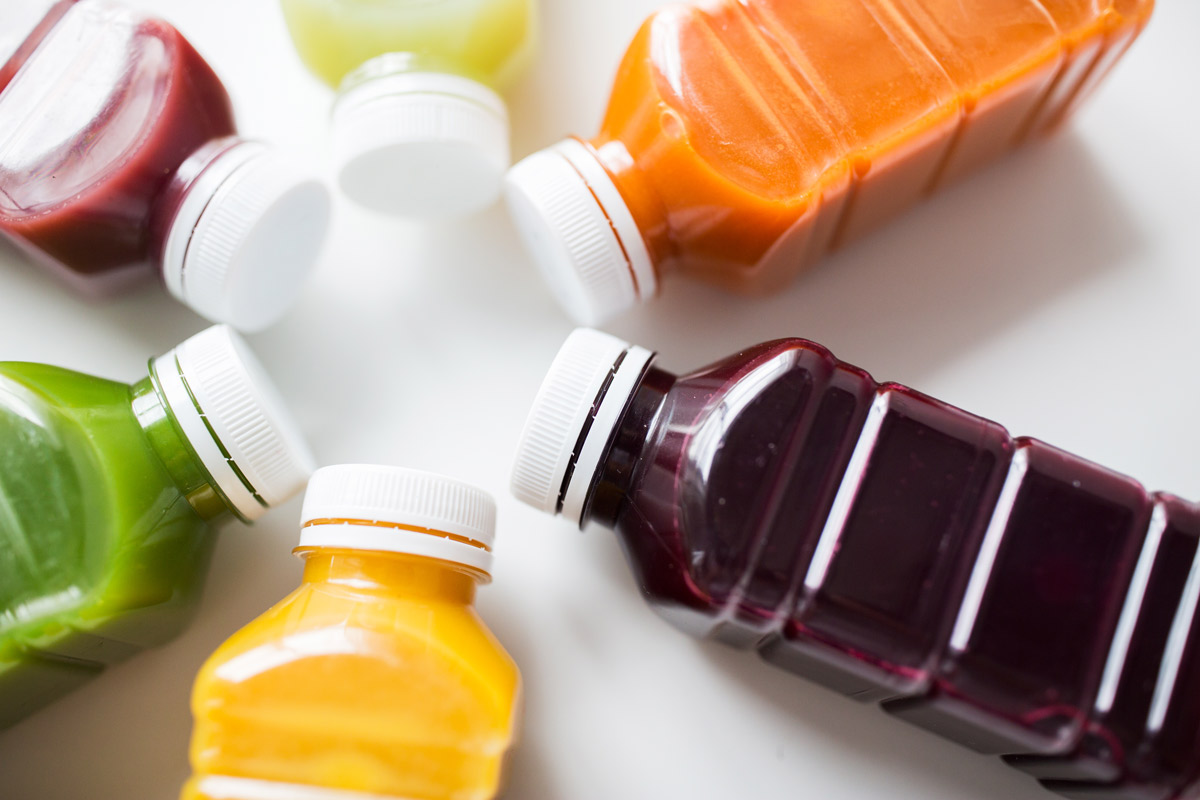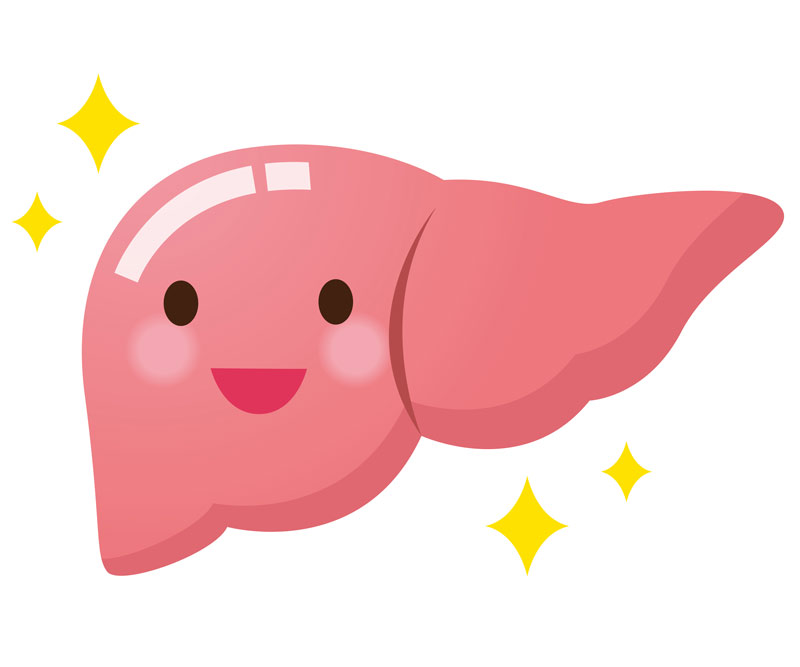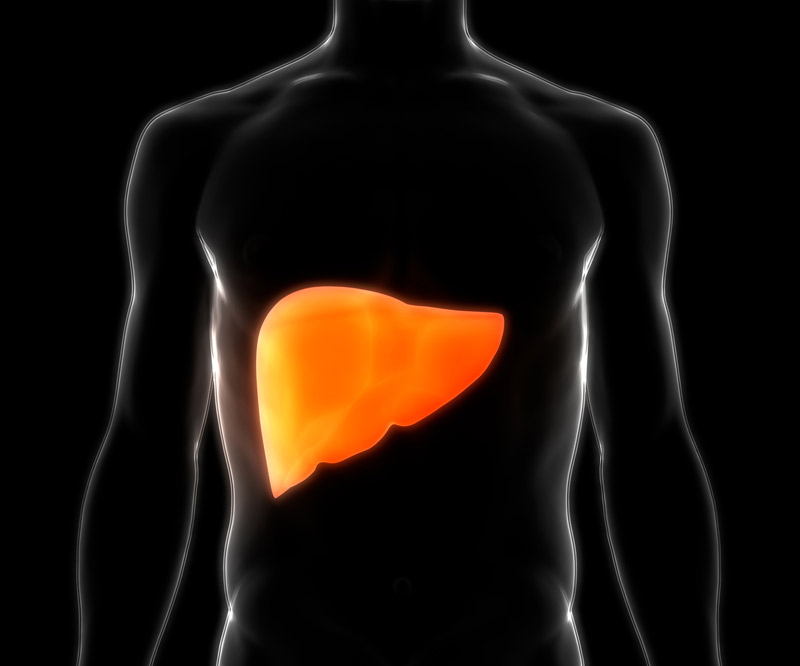
Can You Liven Up Your Liver with a Detox?
The liver is the largest internal and most metabolically complex organ in your body. It’s responsible for more than 500 different functions, including fighting off infection, creating proteins and hormones, controlling blood sugar, helping to clot the blood and neutralizing toxins.
Since your liver is a detoxification organ, you might think a liver cleanse or detox could save the day by helping you recover faster after a big weekend of overindulging, give your body that much-needed health kick, or boost your metabolism so you can lose weight faster.
That’s what all those “liver cleanses” on the market claim they can do.
Most liver cleansing products and supplements are available over the counter or even on the internet.
However, most, if not all, haven’t been tested in clinical trials and aren’t regulated by the U.S. Food and Drug Administration. This means there is absolutely no proof that liver cleanses work at all.
If anything, they may actually cause harm to your system.
“While there are things you can do to improve your health and support healthy liver function naturally, a liver ‘cleanse’ isn’t necessarily one of them,” says Dr. Romeo Esquivel, a gastroenterologist at Kauai Medical Clinic.

According to Esquivel, liver detoxification has been associated with a variety of symptoms such as fatigue, headaches, anxiety, confusion and diarrhea.
“Liver detoxification takes on different forms and usually involves drinking a variety of organic juices, eating highly restrictive diets, taking laxatives or taking various detoxifying herbal supplements. These may trigger a variety of bodily disturbances, such as dehydration, depletion of electrolytes or disruption of the body's acid base balance. In some cases, overdosage of fluids may occur,” Esquivel explains.
People also may develop allergic reactions to components of a liver cleanse, especially if herbal supplements are involved.
“There are liver cleanses that are aimed at washing out gallstones. The most serious risk of this is washing out the gallstone, which then becomes lodged in the gallbladder ducts, leading to an infection that often necessitates an emergency medical surgery or procedure,” Esquivel adds.
Instead, Esquivel advises making lifestyle changes for better overall health.
“Quick fixes such as liver cleanses have not been proven to be of any benefit and may lead to detrimental consequences,” Esquivel says. “You can’t change genetic factors that make you prone to liver diseases, but you can focus on lifestyle changes to protect yourself.”
Esquivel recommends the following tips to keep your liver healthy:
- Limit you alcohol intake. Drinking alcohol in moderation is the most crucial factor to protect against liver disease. When consumed in excessive amounts, alcohol can cause liver damage. The recommended intake is just one standard drink per day for women, and two for men up to the age of 65.
- Get vaccinated against hepatitis. Hepatitis is a liver disease caused by a virus. All types of hepatitis (A, B and C) are very hard on your liver. The best approach is to protect yourself from exposure to these viruses.
- Choose medications carefully. Your liver has to process medications, so whether you require prescription or nonprescription drugs, choose them carefully and speak to your doctor about alternative options. Most importantly, never mix alcohol with any medications.
- Be wary of needles. Blood carries hepatitis viruses, so never share needles to inject drugs or medications. If you’re getting a tattoo, ensure you choose a shop that practices safety and cleanliness and is inspected and approved by the state health department.
- Use condoms. Bodily fluids also carry viruses, so always practice safe sex.
- Handle chemicals safely. Chemicals and toxins can enter your body via your skin. To protect yourself, wear a mask, gloves and long-sleeved pants or shirts when handling chemicals, insecticides, fungicides or paint.
- Maintain a healthy weight. Nonalcoholic-related liver disease is associated with metabolic issues, such as obesity and type 2 diabetes. You can reduce your risk for each by making healthy lifestyle choices.
Verdict: The touted benefits of liver cleansing products and supplements aren’t based on evidence or facts, and studies are still being conducted to determine if they hold any health benefits.
If you’re concerned about your health, the best person to talk to is your primary care physician, who can advise you on what to do to safely promote a healthy liver as well as address any other health concerns you may have.
Published on: October 12, 2017




